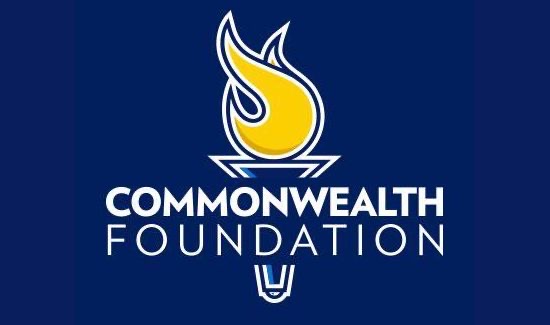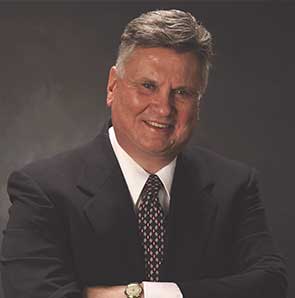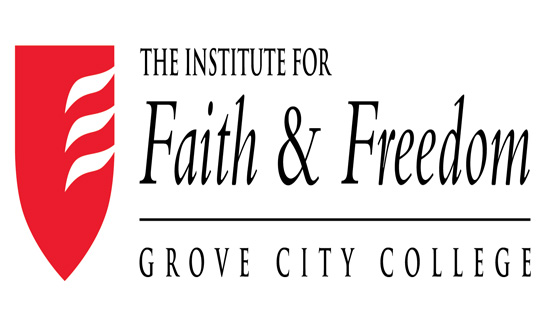Shapiro’s Choice: Students or Special Interests

In education policy, there are two main groups of stakeholders: parents and special interests. Parents want the best opportunities for their children, while special interests benefit from maintaining the status quo.
The first group is much more numerous. The latter, unfortunately, has far greater political power — with dozens of taxpayer-funded lobbyists and millions in campaign contributions collected at taxpayer expense.
School union executives and lobbyists are the biggest players. Pennsylvania’s two largest teacher unions, the Pennsylvania State Education Association and American Federation of Teachers Pennsylvania, spent more than $50 million from union dues on lobbying and political activity during the past 15 years.
Moreover, these union executives and their national affiliates have provided nearly $29 million in campaign contributions.
In addition, school districts have spent tens of millions in taxpayer funds on associations that lobby for higher taxes and more spending, and some school districts even employ contract lobbyists.
The public school establishment also includes front groups, such as Education Voters of Pennsylvania, and union-funded think tanks, such as the Keystone Research Center and the Pennsylvania Budget and Policy Center. These organizations appear at lobbying events as separate organizations, but their revenue sources are all the same.
Meanwhile, some lawmakers line their pockets through various pay-to-play schemes. For instance, House Majority leader Matt Bradford is one of several lawmakers employed by law firm Rudolph Clarke, whose business model is contracting with government bodies, including several school districts.
These special interest groups repeatedly lie, creating myths to push their agenda — namely, more money for the public school establishment — to the detriment of students and parents.
But money isn’t an issue for public schools. Pennsylvania schools at last count spent $21,263 per student, increase reserves every year and employ more staff than ever before despite fewer students.
Similarly, those same special interests push legislation like House Bill 1422 to cut funding to public cyber charter schools. This bill would limit cyber charter payments to $8,000 per student — a fraction of what’s spent by school districts. Indeed, this proposal would take money from some public schools to give to other public schools — the beneficiary being those with more lobbyists and those controlled by unions.
HB 1422 would shortchange schools that are growing and adding more students based on parental choice — even to the extent some cyber charters may have to close. Shutting down these independently run public schools of choice doesn’t help students, just special interests.
In the attack on cyber charters, taxpayer-funded lobbyists propel the myth that school districts operate online programs for just $3,000-$5,000 per student. However, they later admitted their numbers didn’t include the costs of teachers or equipment, both crucial to education.
Finally, the attacks from special interest groups on Lifeline Scholarships demonstrate how these lobbyists care more about protecting their fiefdom than helping kids.
Lifeline Scholarships, as passed by the Senate and House, won’t take a single penny from public schools and, instead, represent a new line item in the state budget. Indeed, that same budget includes more than $15 billion (an $800 million increase) for public schools.
If Gov. Josh Shapiro follows through with his ill-advised threat to line-item veto the $100 million for Lifeline Scholarships, this would deliver exactly zero additional dollars to public schools.
Blocking Lifeline Scholarships only denies options to low-income families and students trapped in the worst-performing schools in Pennsylvania.
Currently, 19 states and the District of Columbia offer educational choice where money follows the child to private schools. Also, 12 states have tax-credit-funded scholarships or educational accounts. The evidence from these states is overwhelmingly clear: Despite the hyperbole that giving students a choice would “destroy public schools,” educational choice benefits students, parents, families, taxpayers, and — yes — public schools.
Let’s face it: Pennsylvania’s status quo is not working for students. Statewide, 77% of our eighth graders are deficient in math and 44% in language arts.
The latest polling shows 69% of Pennsylvania voters support educational accounts like Lifeline Scholarships. A whopping 70% of those said they’d send their children to some alternative option — private, charter, cyber or home school — if money were no obstacle.
Harrisburg must listen to parents and voters, not special interest lobbyists.
Nathan Benefield is the senior vice president of the Commonwealth Foundation.




